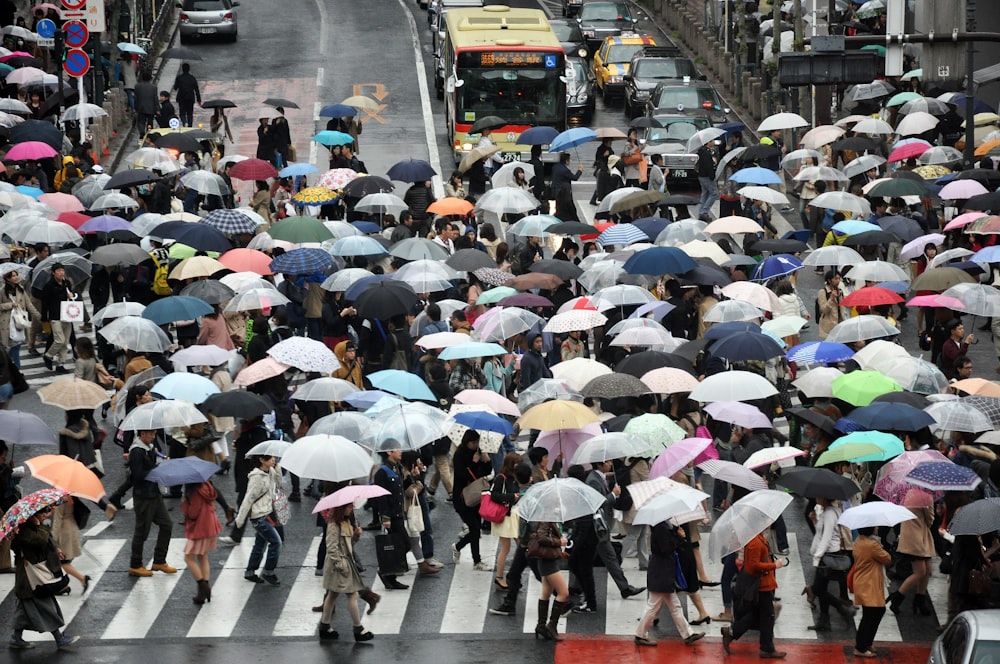A lot of us, tend to be there for others, and whilst of course, that is ok, it’s important to not get roped into what is known as the ’emotional sponge’ which often means that you have a tendency to soak up others feelings a lot of the time, rather than looking after your own. Which most of us, are most likely guilty of, whilst it’s totally fine to be there for the ones you love, it’s also equally important you take care of your own feelings. Taking on so much emotional baggage from not just yourself but others can be very draining. So, it’s important that you be there for yourself too, make you give yourself room to breathe and not take on too much.
This links into the topic of being an empath and quite often there are a fair few signs that link to be someone who could be considered as an empath. These could be, perhaps being labeled as too emotional or overly sensitive, feelings can get easily hurt, can often feel quite emotionally drained when in crowds and often likes spending time alone, might tend to overreact when it comes to coping with emotional stress, quite often can feel genuinely afraid of what could happen. So, if you feel you could be an empath, which is similar to what the ’emotional sponge’ stands for, then it’s something that you can definitely find ways to help stop you feeling like you constantly have to soak up others feelings, especially when you really feel you can’t.
1) You have high empathy
Being an empath means you have a lot of empathy, it’s the ability to be able to understand the experiences of what others are feeling outside of your own perspective. It’s often this feeling of having to be there for others and making sure they’re ok and taking on their feelings a lot of the time. Empathy is something that allows you to be able to understand what kind of level of pain an individual is going through, even if you’ve not been through what they have, you may still have had a similar experience. But, quite often if you’re an empath you tend to take things a little further, you actually are able to sense and feel these intense emotions as if they’re part of something you’ve experienced. When someone goes through something, in a way it becomes your pain and happiness, and what they’re feeling, you begin to feel that too.
It’s not all bad being an empath, but it can be something that can be very draining if you don’t give yourself room to breathe and most importantly check in on yourself. Whilst, it’s ok to be there for people you love, try not to take on too much, especially if you’re someone who has a lot going on mentally and you feel quite stressed and anxious in yourself. It’s not fair to then take on other people’s emotions if you’re struggling yourself. Feeling other’s emotions is something that can often feel quite a lot to take on, especially if you’re allowing yourself to do it quite often. It’s not just something that can be considered as feeling sorry for someone who is going through a lot, it’s more feeling with that someone and whatever they feel, you feel too.
2) You find it very hard to handle your own emotions
Quite often when someone is considered as an ’emotional sponge’ whilst they tend to take on other’s emotions, they often find it very difficult to take care of their own emotions. For someone that might find it hard to handle their own emotions, may see themselves trying their hardest to avoid any confrontation whatsoever. You might feel yourself suddenly getting really angry at the littlest of things because you’re bottling up your own emotions far too much. You might also tend to just not feel like yourself in general, when you’re constantly pushing your own emotions aside it may mean you’re put in this kind of position that in a way feels like you’re playing a character of some sort.
It might mean that you’re often using a lot of ways to distract yourself because you don’t want to come to terms with how you’re feeling. When someone is often there for others a lot more than themselves, this is when it can be very difficult to be able to take care of your own emotions, but it’s also important that you try your hardest too because it’s not fair to neglect how you’re feeling in any way.
3) You have good intuition
Something that a lot of people that would be considered as an empath might often find themselves having quite good intuition about certain situations. For someone that has good intuition it often can mean they tend to get that gut feeling when it comes to certain situations, in either their lifes or others. For someone that tends to have good intuition might mean they’re a lot more empathetic towards others. When they feel like something seems off or something bad could potentially happen, they will often listen to their ‘gut feeling’ which often means that if they get a bad feeling about anything, they’ll often cut it off right away or give you the advice to do the same thing, so that others don’t get hurt. It could be that they often might pick up on any dishonesty that goes on.
That feeling when they might feel something could be a good or a bad idea is when their good intuition will tend to kick in. Having this means they’re always on the lookout to protect those they care about and if anything seems off, they will instantly be sure to let others know. Also, having good intuition can mean that you could pick up on other’s feelings a lot easier, you’re a good judge of character, when you think, you think deeply about a lot of things. You might tend to have a strong inner voice, often listening to your heart and going with what feels right for you, even when you can’t really explain it. Intuitive people often trust themselves to know what is right for them without thinking too hard about it.
4) You don’t do well in crowded places
Someone who would be considered to be an empath can quite often absorb positive and negative energy and they can do this just by someone else’s presence. Quite often, if they’re in somewhere that would be considered to be crowded and quite busy, it may mean that they become sensitive and quite anxious about the situation and often feel they have to take themselves away from it. When they start to pick up on negative emotions, energy, or even physical distress from the people around them it can often make you feel very overwhelmed and often make you feel very anxious and stressed about the whole situation. Due to this you might actually feel better being on your own or in the company of a few people at one time. Being in a crowded place can often trigger a lot of anxious thoughts and it is particularly common for those considered as empaths, to not enjoy this.
There are some very good tips, to help calm yourself down if you feel like you don’t do particularly well in crowded places. The best one to start with is to practise your breathing, ensure that you’re breathing as well as you can be, by taking in deep breathes and not getting yourself into a panic. Another is to ensure that you learn to increase your awareness, quite often when someone finds it difficult to be in crowded places it means that you’re focusing too much on unpleasant thoughts and fear-based perceptions. Learning to practise mindfulness can really help in this situation. Visualising a positive outcome overall, not focusing too much on the negatives of what is going on around you, trying to focus on the small things, that might cheer you up or make you feel better. Take it slow, if you’re someone who is highly empathetic and you find yourself struggling in crowded places, just give yourself time to breathe, don’t push yourself too hard.
5) People often tend to tell you their problems
Someone who is considered as an ’emotional sponge’ or an empath, tend to be fantastic listeners and often quite sensitive. Those around you may feel particularly drawn to you, due to this and may feel quite often that they can talk to you about how they’re feeling and tell you their problems. Feeling like they can reach out to you as soon as they may experience something difficult. Often, caring deeply can make it quite hard to be able to tell people when you approach the point of you feeling overwhelmed. But, it’s so important to be able to find some kind of balance within that situation. Without, some kind of boundaries, it means that you might end up seeing some kind of ’emotional dump’ being forwarded your way, that you might not be able to deal with if you have loads of other stuff going on in your life.
It’s not that you don’t care in the slightest, it’s more so that you’re worried you won’t be able to check in on your own emotions and take care of yourself if you’re having to be there for others too. Sometimes, it is too much to have to do that and it’s ok, to be honest with yourself and others if you feel that way. Setting boundaries for situations like this is an important part of self-care and one that matters. It then ensures that you’re able to put yourself first and know that there is absolutely nothing wrong with that. Because you have to learn to be there for yourself and to take care of your own mental wellbeing before you start doing the same for others.
ONLINE COUNSELLING IS AVAILABLE CALL 07510495791 OR EMAIL BECKYWHOCARES1@OUTLOOK.COM
If you’re looking for any online counseling or walk and talk therapy whether you’re a parent and you’re looking for your children. You yourself need it or you’re a student or anyone that is struggling at this time, then please do not hesitate to contact Becky. You can access contact details here. Check out the website for more information.
To visit my website, click here.
For my Facebook page, click here.
For my Instagram page, click here.






